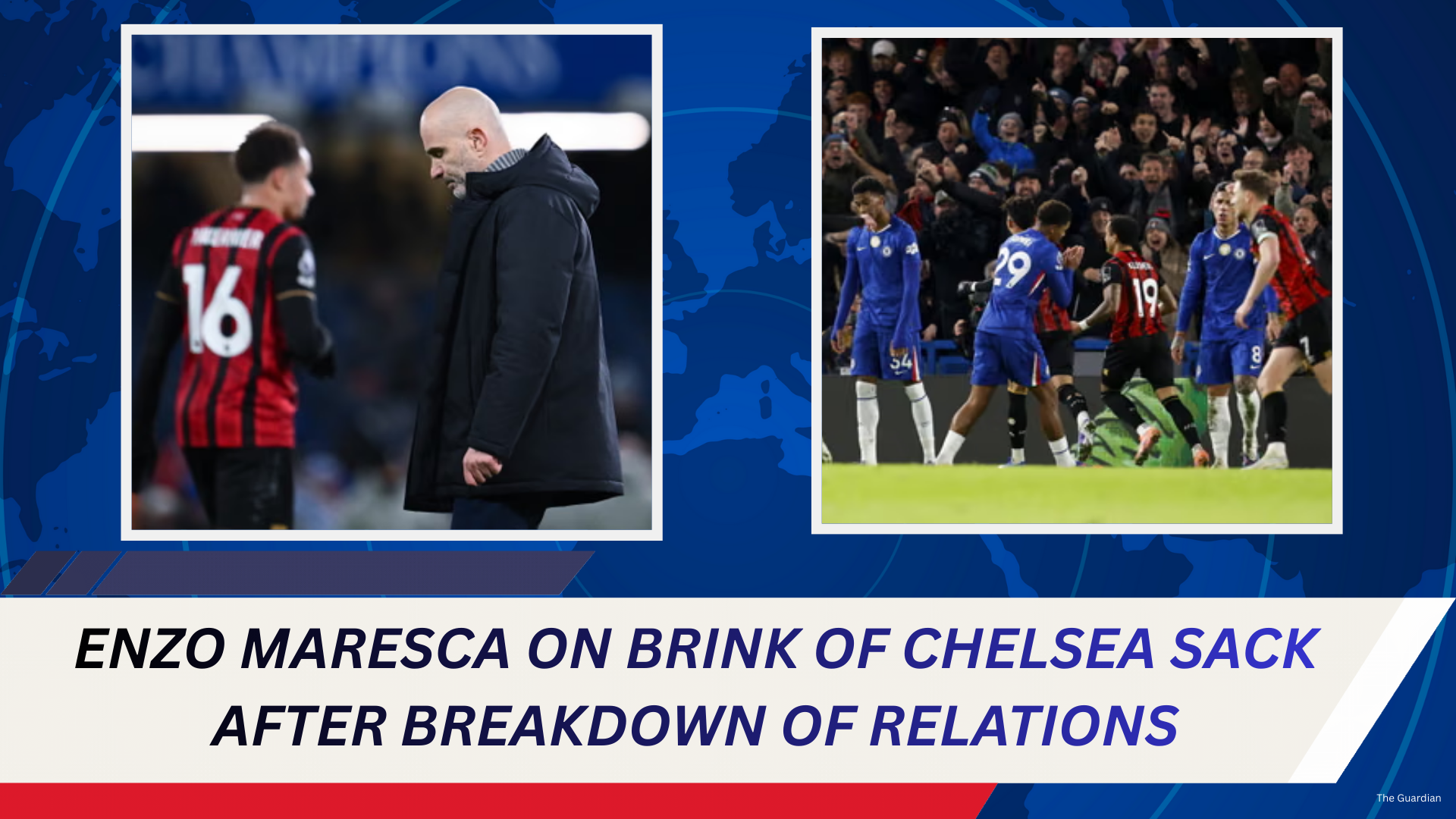Bill Belichick, widely regarded as one of the greatest NFL coaches with six Super Bowl titles to his name, took on a new challenge when he accepted the head coaching position at the University of North Carolina (UNC) in December 2024. Expectations were sky-high given his legendary track record, but his transition from the NFL to college football has been anything but smooth. From disappointing performances on the field to internal discord and allegations of NCAA violations, Belichick’s tenure at UNC has quickly become a hot topic of discussion in college football circles.
On-Field Struggles
The Tar Heels have endured a rocky start to the 2025 season, standing at 2–3 midway through the year. Wins against Charlotte and Richmond provided brief relief, but heavy defeats against Power Four opponents, including a 38–10 loss to Clemson, exposed significant gaps in team performance. Critics have questioned whether Belichick’s NFL-style game management can translate effectively to the college game, where roster turnover, recruiting limitations, and player development create a different set of challenges.
The on-field struggles have intensified scrutiny on Belichick’s coaching approach. While his NFL experience brings strategic insight, college football demands adaptability and strong relationships with younger athletes, an area where UNC has reportedly faced challenges under his leadership.
Internal Discord and Allegations
Off the field, internal tensions have plagued the program. Reports describe a fractured locker room, poor communication, and dissatisfaction among players and their families. Complaints have centered on Belichick’s sons, Brian and Steve, who serve as assistant coaches, with some parents claiming they are disengaged from key aspects of the program.
Further compounding the program’s issues, assistant coach Armond Hawkins was suspended for providing improper benefits—specifically, sideline passes—to a player’s family. This violation of NCAA regulations has fueled concerns about compliance and adherence to rules within the coaching staff. These incidents have collectively cast a shadow over the program’s reputation and fueled speculation about the long-term stability of Belichick’s tenure at UNC.
Recruiting Violations and Legal Challenges
Recruiting compliance has become a central issue. Allegations have emerged that players were selling free tickets allocated to them, which contravenes NCAA regulations. Additionally, other potential recruiting violations are currently under investigation, further complicating the university’s position.
The legal landscape surrounding Belichick’s hiring has also been turbulent. Former UNC provost Chris Clemens filed a lawsuit claiming that the university’s Board of Trustees violated state transparency laws during closed-door meetings that approved Belichick’s hiring. Clemens alleges that he faced retaliation for raising these concerns, ultimately leading to his resignation. The lawsuit has brought additional public scrutiny and uncertainty around the program’s leadership and administrative decision-making.
Speculation About Job Security
Amid these challenges, Belichick’s job security has been a topic of intense speculation. Reports suggest that UNC officials have considered exit strategies, including negotiating a lower buyout clause, in case of a premature termination. Some sources indicate that Belichick himself has contemplated activating his $1 million buyout if he can pursue opportunities elsewhere, such as media work or another coaching position.
Despite the rumors, both Belichick and UNC have publicly reaffirmed their commitment to the program. Belichick has stated, “I’m fully committed to UNC Football and the program we’re building here,” while UNC Athletic Director Bubba Cunningham emphasized that the coach retains the full support of the university and athletic department. This public support provides a temporary buffer, but ongoing performance issues and compliance concerns could continue to fuel speculation in the coming months.
Adapting to College Football
Belichick’s experience in the NFL provides a wealth of strategic expertise, but college football presents unique challenges, particularly in recruiting and player development. College athletes are younger, less experienced, and more susceptible to external pressures than their professional counterparts. Success in this environment requires building strong relationships, fostering team culture, and maintaining compliance with NCAA rules—areas where Belichick is still learning to navigate effectively.
Additionally, the disparity between his NFL expectations and the resources and talent available at UNC has highlighted the difficulty of transitioning between professional and collegiate levels. While his leadership and tactical acumen remain unquestioned, translating those strengths to a program in flux has proven challenging.
Conclusion
Bill Belichick’s tenure at UNC has been a complex mixture of promise and controversy. His NFL pedigree brought hope to the Tar Heels, but a combination of on-field struggles, internal conflicts, potential NCAA violations, and legal disputes has placed his future at the university in question. The remainder of the 2025 season will be critical, not only for the team’s performance but also for the evaluation of Belichick’s adaptability to the college game. Whether he can overcome these obstacles and establish a successful legacy at UNC remains uncertain, but the scrutiny surrounding his tenure ensures that every decision he makes will be closely observed by both the university community and the broader college football world.
%20(4).png)




.png)

.png)
.png)
